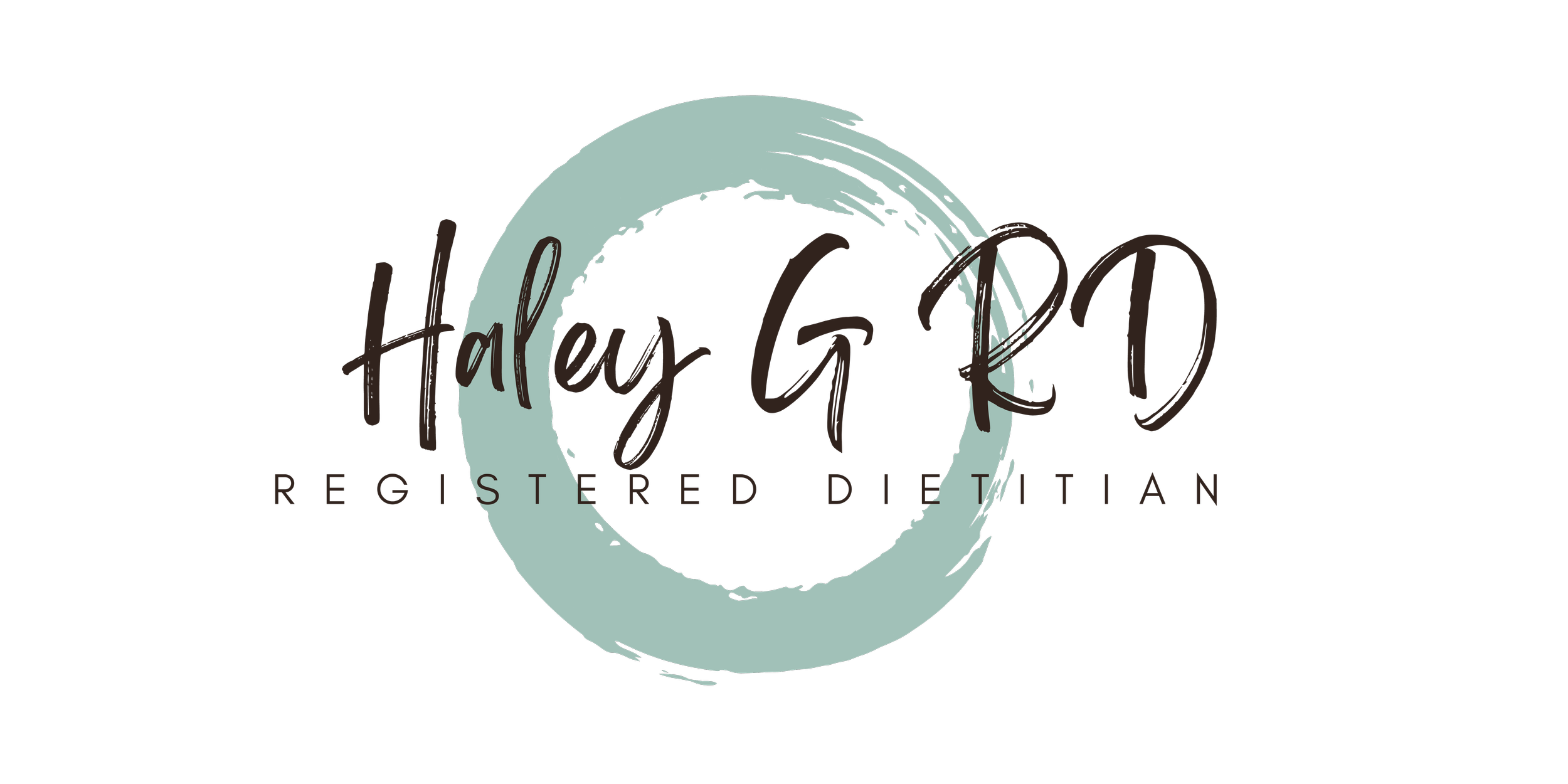How to set goals you can actually stick to this year
I remember several years in a row, once Christmas was over and the new year was coming up quickly I had the same feeling of frustration, disappointment and honestly discomfort in my own skin. Another year had come and gone that I had set a New Year’s Resolution to lose weight, yet I was still in the same cycle of on-again off-again dieting. But each year I also somehow had hope, always thinking “this year will be different”.
Apparently I’m not alone in this because research has shown that only about 9% of people keep their resolution for the entire year. With 23% quitting within the first week and 36% within the first month. So that means that by February, over half the people that have set a resolution have already given up.
I also wasn’t alone in the goals I was setting because in 2022 surveys showed that “getting healthier” and “lose weight” came in at spots 1 & 3 for the most commonly set resolutions.
Now I haven’t done any formal research on this, but based on my own experience and what I’ve learned over the years working with hundreds of people on their health goals I see two major issues getting in the way of your success.
Your goal is too vague
You don’t have a plan (or at least not a realistic one)
Let me explain.
Goals such as “I want to live healthier” or “I want to lose weight” are usually set with great intentions but are just too vague! With health goals, or any goal really, you need to get crystal clear on what you’re actually working towards. What does living healthier mean to you? What is different in your life when you’re healthier? What is your reasoning behind wanting to get healthier? What will you be able to do once you lose the weight that you can’t do now?
Get crystal clear on your WHAT and WHY behind your goals.
Examples:
“I want to live healthier” → “I want to be able to have the energy to keep up with my kids”
“I want to eat healthier” → “I want to be eating in a way that that makes me feel good, cooking at home more and eating more vegetables”
“I want to lose weight” → “I would like to lose 5% of my weight to improve my blood sugar”
“I want to lose weight” → “I want to be able to go on a walk without getting out of breath”
Not only will this clarity help you to know if you end up reaching them or not and evaluate how you’re progressing it will also help you to build out a plan to actually get you there.
And as I mentioned above, a lack of plan is the second reason I see people not reaching their goals. After you establish what your goal actually is then you need to break it down even further and think about what needs to happy for you to get there.
This requires you to do an audit of your current habits. Which are serving you and which are not? What needs to change?
For example, if you’re someone who (like I did) sets the same weight loss goal year after year start by reflecting on what worked and what didn’t. From there you can create your action plan. An important part of this plan though is that it needs to be realistic. No more “I’m never eating sugar again” type plans, because we all know where that gets us.
If you’re ready for a new approach, try this:
Instead of thinking about all the things you need cut out to be healthier, think about all the things you can add. When you start to add things in, you start to crowd out the other things that don’t support your goals. For example trying to cut out sugar, try adding in more vegetables.
Don’t get fixated on the outcome, instead lean into the process. Get extremely clear about not just what your goals are but HOW you will achieve them. Break this up into simple steps to help you build habits. This will help you not only achieve your goals but maintain them! Because what you do to reach your health and weight loss goals is what you will need to continue to do to maintain them.
Build a support system! I’m not going to lie, change is hard even if it is something you really want. So having support and accountability can help you push through those tough times when you may not want to continue (which more than likely will happen). That way you’re able to stay consistent and build habits that will truly last which is key to reaching and maintaining your goals.
Oftentimes things are easier said than done. So let’s go through an example of how to put this new goal planning approach into action.
Goal: I want to lose weight this year
What: I want to lose about 20lbs because I feel that will help me with my blood sugar and move easier
Why: I want to avoid getting diabetes like others in my family and I want to be able to go on hikes with my kids with ease.
Habits to get you there:
I will start by going for a 15 minute walk everyday at work after lunch
I will have a full glass of water every morning before my coffee
I will prepare meals at home at least 5/7 days a week all of which will include a vegetable
Having a vision of where you want to be is great, but ultimately building the habits that support those visions are what will get you there.
Whether you are a New Year’s resolution person or not these tips are applicable to anytime you are setting a goal!
Happy New Year and happy goal setting!!
If you’re looking for support in guidance in your health journey in 2023, I’m taking new clients! I have a few spots open to get started in January to start the year off strong and make sure you’re in that 9% that actually keeps their New Year’s health resolution.



